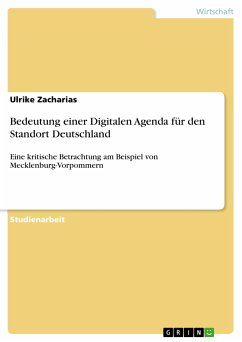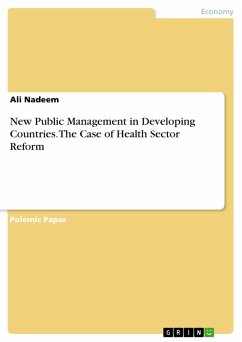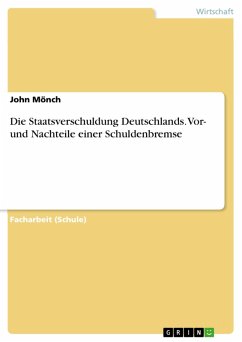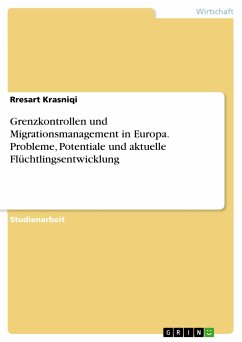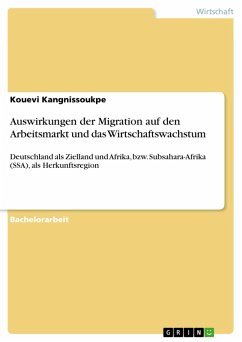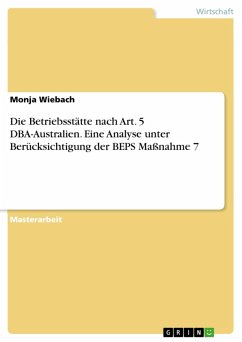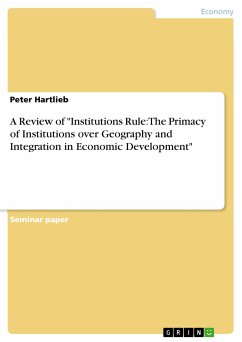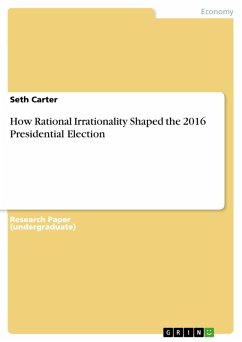
How Rational Irrationality Shaped the 2016 Presidential Election (eBook, PDF)
Sofort per Download lieferbar
Statt: 18,95 €**
15,99 €
inkl. MwSt. und vom Verlag festgesetzt.
**Preis der gedruckten Ausgabe (Broschiertes Buch)
Alle Infos zum eBook verschenkenWeitere Ausgaben:

PAYBACK Punkte
0 °P sammeln!
Research Paper (undergraduate) from the year 2018 in the subject Business economics - Economic Policy, grade: 4.00, Indiana University (College of Arts and Sciences), course: Economics of Regulation, language: English, abstract: This paper seeks to establish evidence for the existence of systematic irrationality in the democratic voting of the 2016 United States Presidential election. From results of some of the key movements and deviations during the electoral process, the electoral victory of President Donald Trump is scrutinized under the theoretical lens of Brian Caplan's theory of rationa...
Research Paper (undergraduate) from the year 2018 in the subject Business economics - Economic Policy, grade: 4.00, Indiana University (College of Arts and Sciences), course: Economics of Regulation, language: English, abstract: This paper seeks to establish evidence for the existence of systematic irrationality in the democratic voting of the 2016 United States Presidential election. From results of some of the key movements and deviations during the electoral process, the electoral victory of President Donald Trump is scrutinized under the theoretical lens of Brian Caplan's theory of rational irrationality and found to offer empirical support. Furthermore, the paper seeks to investigate the possible regulatory policy implications of elected officials chosen on the basis of systematic bias and determine their possible impact.
Dieser Download kann aus rechtlichen Gründen nur mit Rechnungsadresse in A, B, BG, CY, CZ, D, DK, EW, E, FIN, F, GR, HR, H, IRL, I, LT, L, LR, M, NL, PL, P, R, S, SLO, SK ausgeliefert werden.




